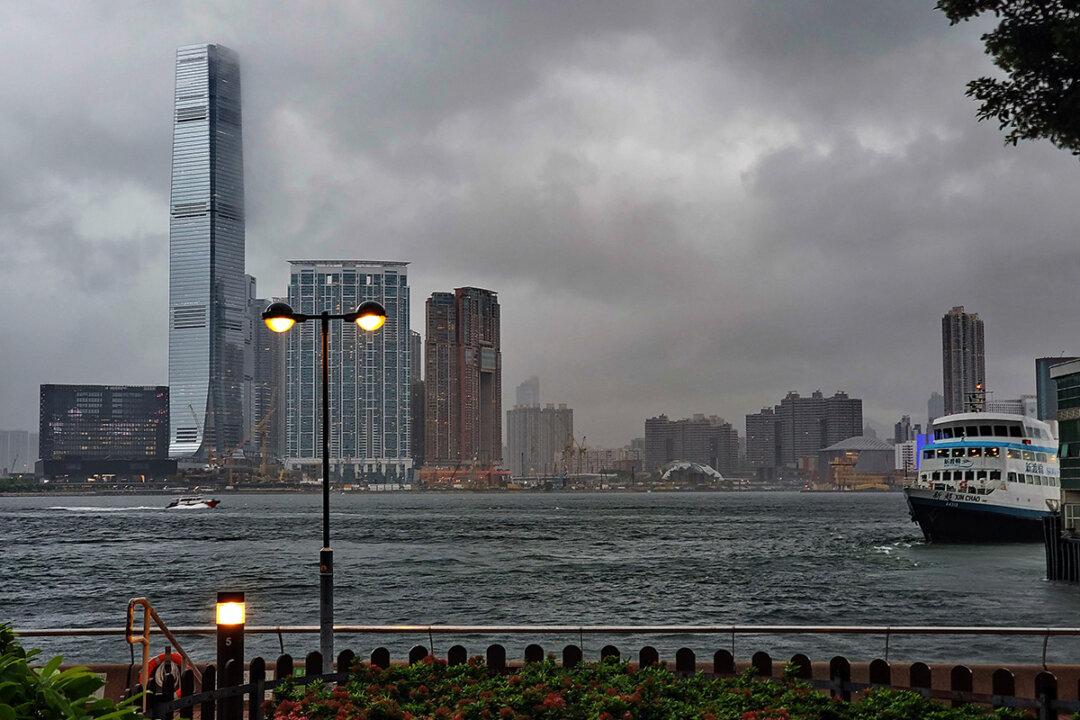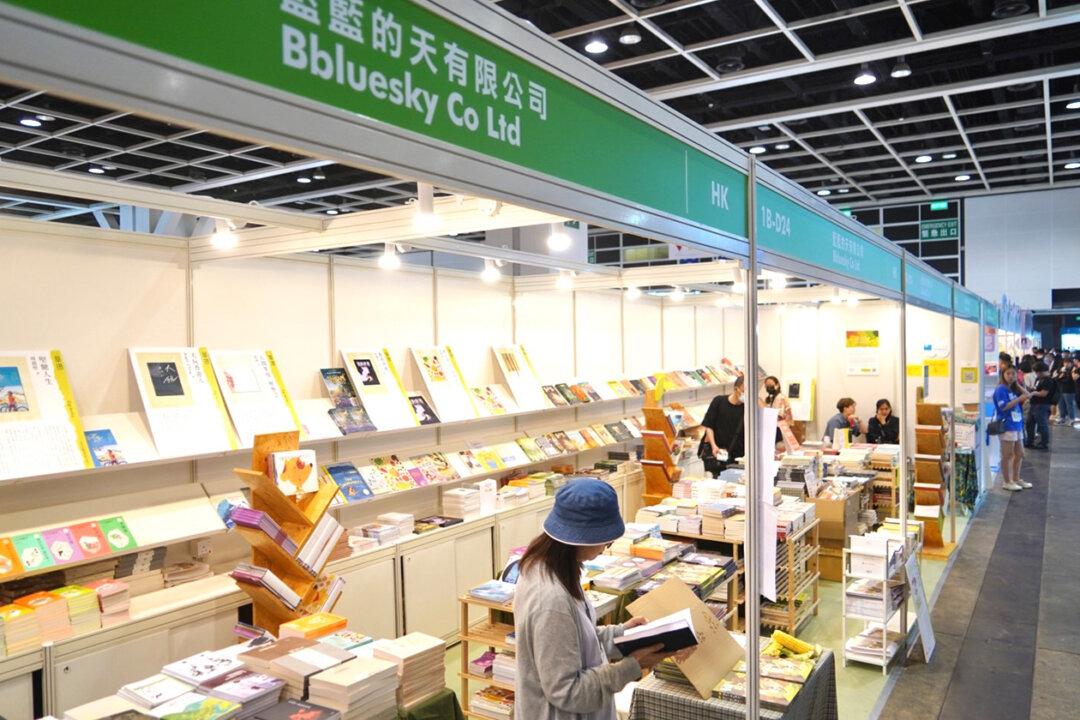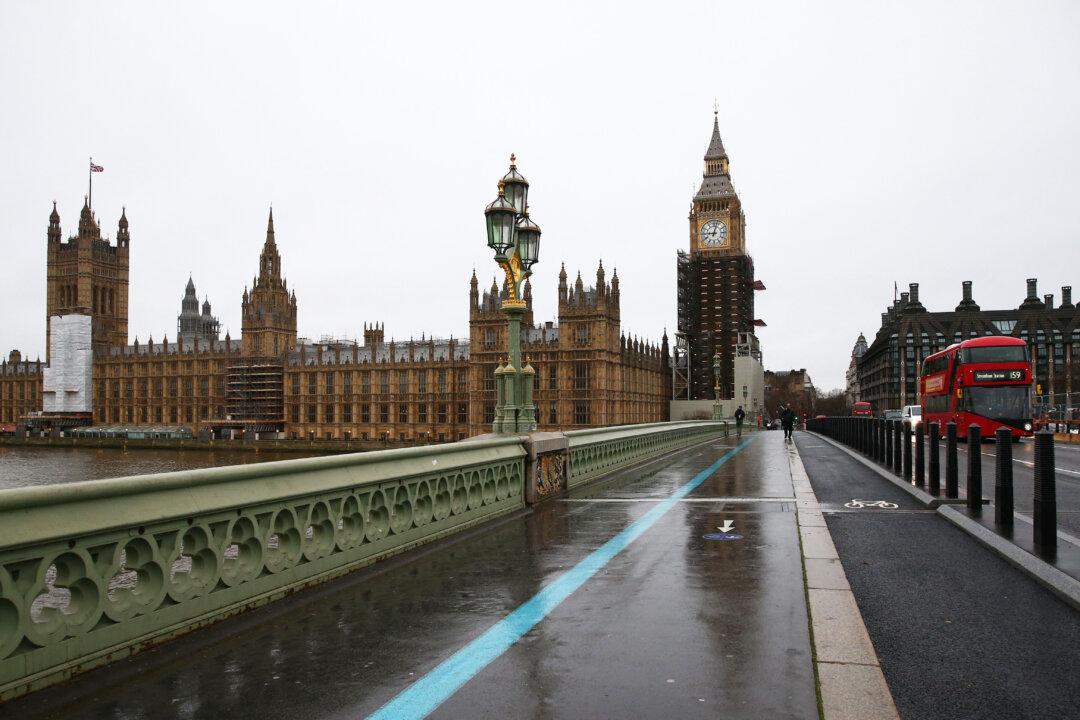Twenty-four global human rights groups recently wrote a letter to the CEOs of six online platforms, including Apple, Google, and Meta, urging them to oppose the Hong Kong government’s request for a ban on the protest song “Glory to Hong Kong” (hereafter referred to as “Glory”), stating that the ban will have a “disastrous impact” on freedom of expression and access to information in Hong Kong and even globally. Internet companies must unite against information censorship in Hong Kong.
The Hong Kong government is seeking a ban on the song “Glory,” prohibiting any form of broadcasting, performance, or distribution of the song through channels such as the Internet. They also provided a document listing 32 videos of “Glory” on YouTube. Concerns have been raised that once the ban is implemented, the song may disappear from the Internet entirely. Currently, several of the videos mentioned in the Department of Justice’s form cannot be viewed or have been taken down by the uploaders.




